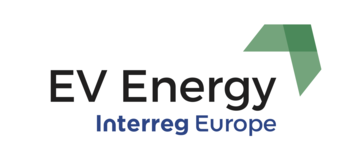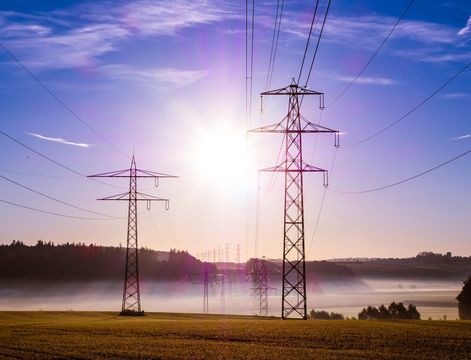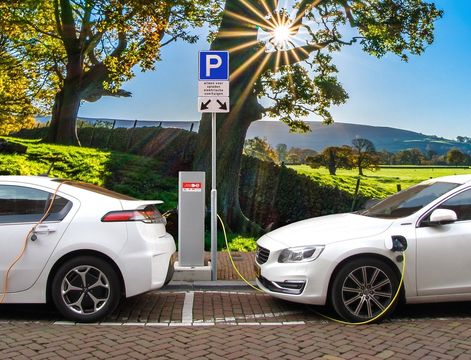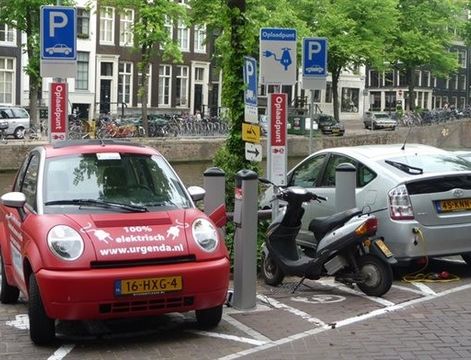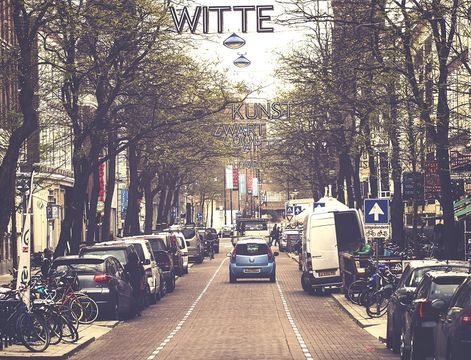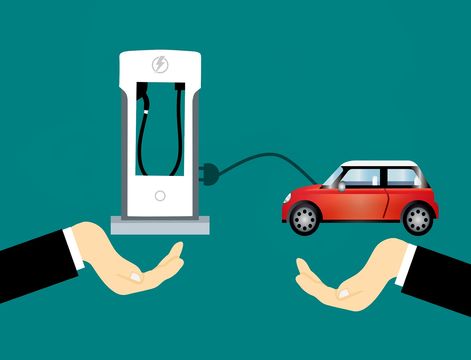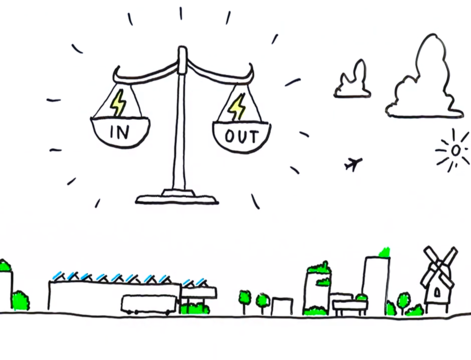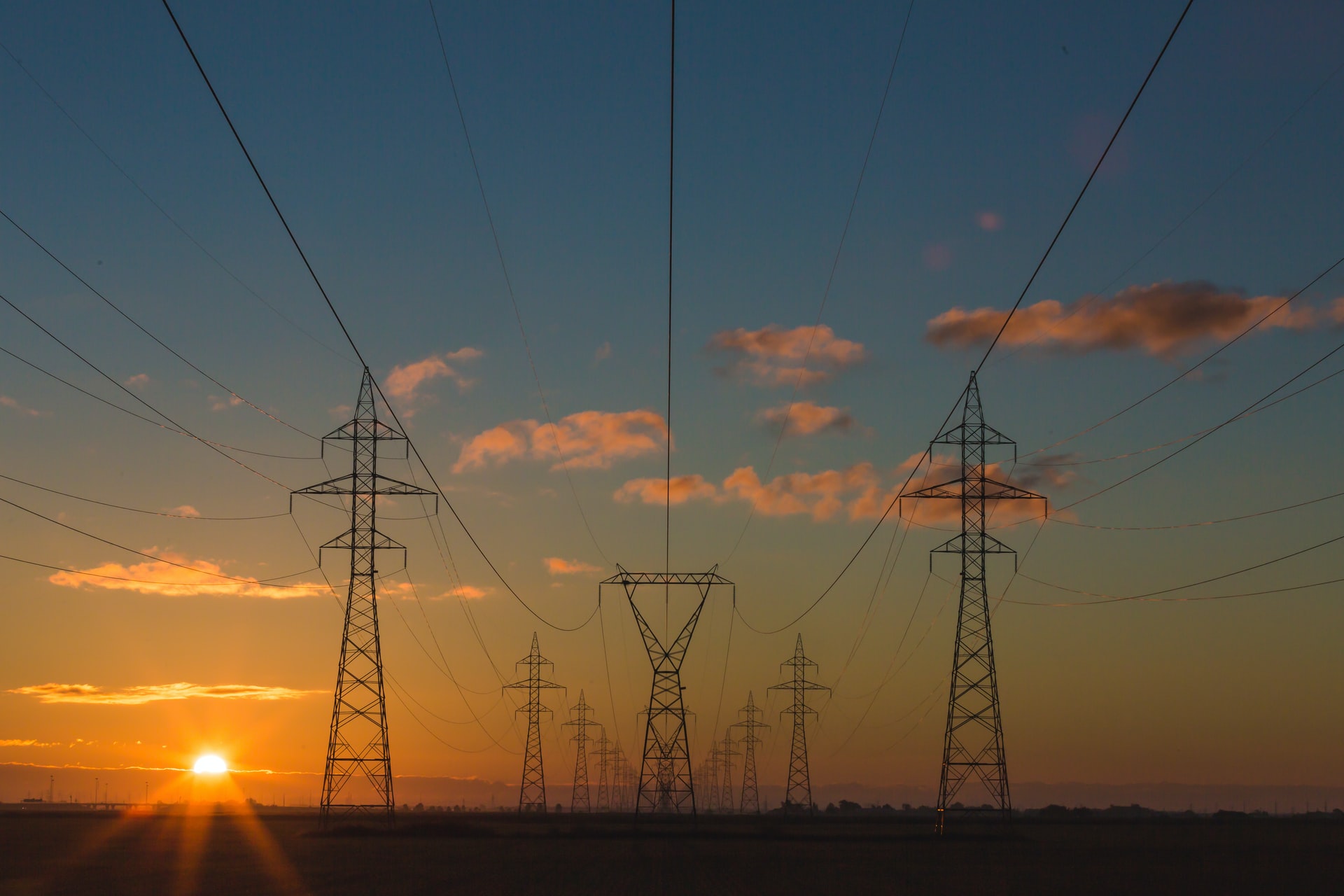A tender for the placement of 20,000 charging points was won by company PitPoint. Amsterdam Metropolitan Electric Area (MRA-E) announced the news on the 20th of January in the presence of Minister Stientje van Veldhoven (environment and housing).
PitPoint, part of Total, has won the tender for the realization, operation and management of the charging points, according to the press release of 20 January. It is Europe’s largest concession contract for electric vehicles charging to Total so far.
The 3 provinces have jointly tendered the charging points, and are thus taking a good step to facilitate the expected strong growth in the number of electric cars. Many charging stations will be installed in the Netherlands in the coming years.
The climate agreement, which was concluded early this summer, contains various measures to ensure good charging infrastructure. Hydrogen filling stations, smart charging stations that think along with the energy network and, in particular, more charging points. The expectation is that around 2 million charging points will be needed by 2030, of which about a quarter in public spaces.
Around 5,000 public charging points are currently operational in Utrecht, Flevoland and Noord-Holland. The 20,000 new charging points are placed where they are needed; people who drive an electric car can request one from their municipality.
From 2020, for the MRA-Electric project, Pitpoint will realize 20,000 new charging points in the provinces of Noord-Holland, Flevoland and Utrecht. This brings electric driving in the Netherlands to the next phase. The electricity for this is supplied by, among other things, 134,000 solar panels to be installed.
The MRA-E says about the electricity supplied in the charging stations:
“Yes, all our charging stations provide 100% green energy (solar, wind, etc.). Moreover, we are also making an agreement with more and more of our charging station operators that this electricity will be generated in the region. For example, all our new charging stations are supplied with green electricity that is generated in one of the three provinces: Noord-Holland, Utrecht or Flevoland.”
In addition, Total will develop and implement smart charging technologies allowing both a stable grid management at times of high electricity consumption as well as efficient and sustainable charging when cost of energy is more affordable.
About Amsterdam Metropolitan Electric Area (MRA-E):
The project is a coalition of 36 government agencies, municipalities and provinces working together with business to stimulate electromobility. The project was launched in 2011 and will focus on three conditions for electric driving in the coming years: sharing knowledge, a regional charging infrastructure and more e-cars on the freeways. MRA-E is also working together closely with international partners, like the Interreg North Sea Region Electric Mobility Network. The main objective of that project is to enable long-distance electric transportation in the North Sea region.
